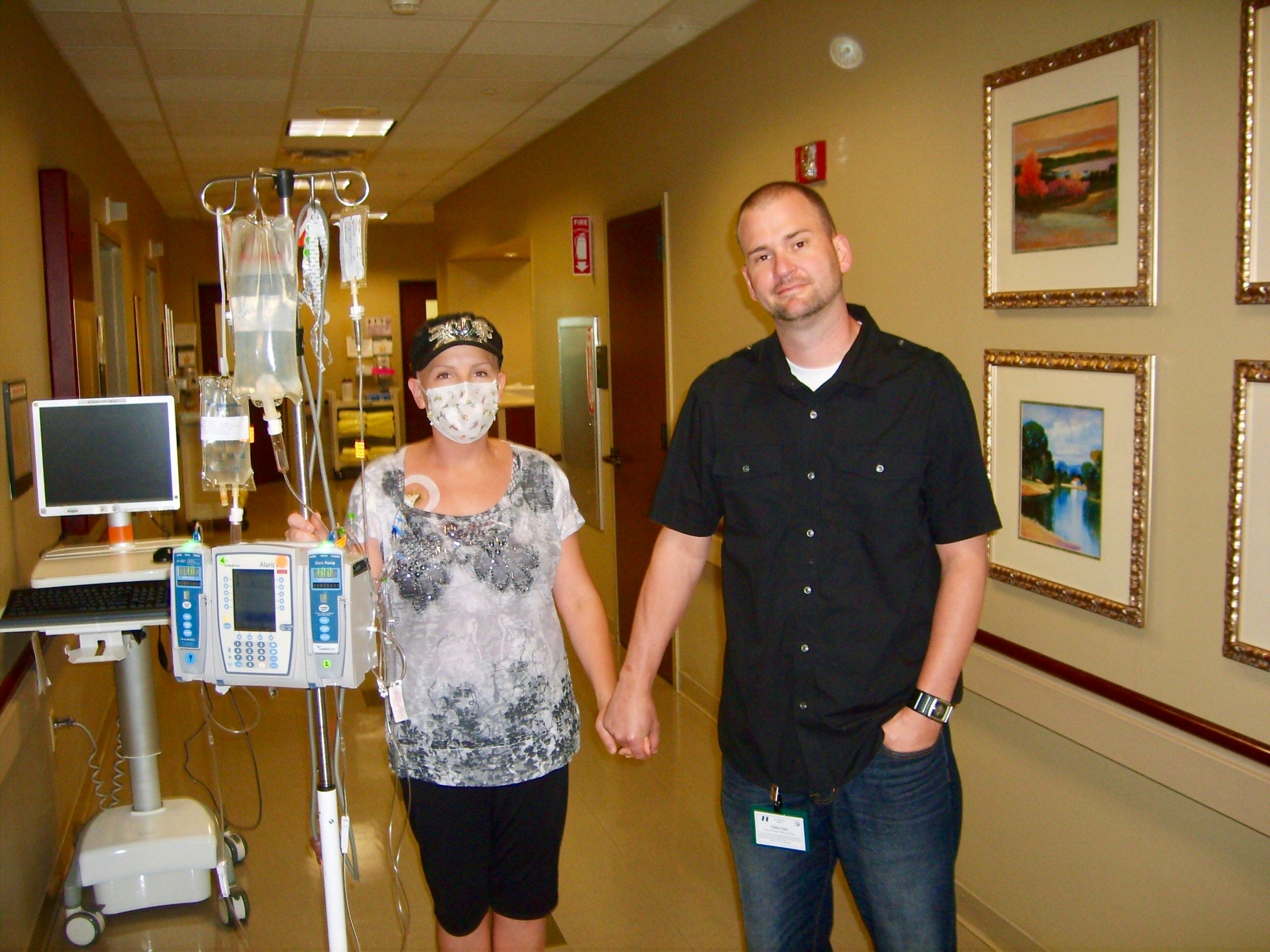
Illness, Disability, and End of Life in Dysfunctional and Estranged Families
Illness doesn’t erase dysfunction; it complicates it. How to handle illness, disability, and end of life in a dysfunctional family.

Illness doesn’t erase dysfunction; it complicates it. How to handle illness, disability, and end of life in a dysfunctional family.
A worksheet for adults navigating illness and complex family dynamics.
The difference between health challenges and using health as control isn’t always obvious.
Illness is supposed to bring care, compassion, and support. In some families, it also becomes a means to manipulate, create guilt, or exert control.
These scripts will help adults who have an estranged or highly conflictual relationship with a manipulative parent who uses illness to guilt you.
How resentment manifests in caregiving dynamics.
In dysfunctional families, care is often coerced through guilt or manipulation, but these scripts help you set boundaries.
Why caregiving feels so lonely in dysfunctional families
This worksheet will help you separate guilt-driven caregiving from healthy responsibility.
Whitney answers member questions.
This worksheet will help you visualize what’s happening, identify sources of pressure, and clarify how you want to engage.
In dysfunctional families, it's very common for two very different roles to emerge when someone gets sick.
You can’t make your family functional overnight, but you can choose to respond differently with boundaries and compassion for yourself and your siblings.
You are allowed to change your mind about caregiving decisions as circumstances change and things evolve.
The right therapist won’t just help you “cope.” They’ll also help you clarify what kind of support feels safe and sustainable for you.
This book is for adults supporting a sick, disabled, or dying family, especially in the context of estrangement or dysfunction.
This worksheet helps you show up sustainable, safe, and aligned with your resources, boundaries, and values.
You're care is not reduced to solely what you can do for someone.
If you tend to explain yourself too much, these scripts can help you communicate what you truly can do to assist with caregiving.
Separating your identity from caregiving, redefining what “support” can look like, and aligning what you can offer with what you want to provide.